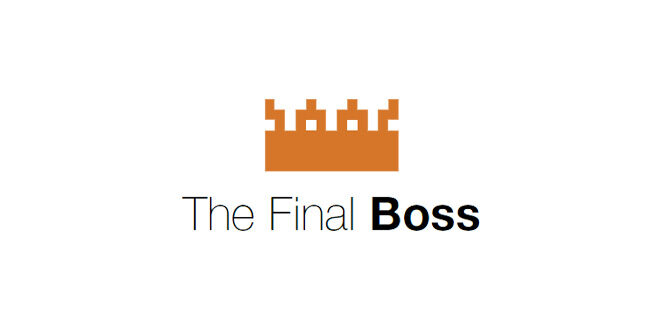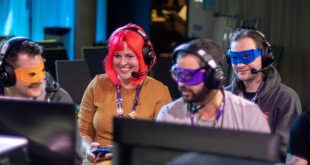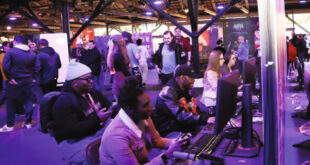 Every month an industry leader wraps up MCV/DEVELOP with their unique insight. This month, we speak to Lucy Rissik, CEO and Founder of Brotherhood of Brand.
Every month an industry leader wraps up MCV/DEVELOP with their unique insight. This month, we speak to Lucy Rissik, CEO and Founder of Brotherhood of Brand.
What would you say is your greatest achievement?
The partnerships I worked on for Need for Speed: Heat were, I think, my greatest achievement. They involved everything from working with multiple streetwear brands (including Givenchy, Needles, Rick Owens and more) to dress-up your character to a three shoe deal with Puma that was used as part of the key art for the game.
The most exciting project of that game was seeing my idea being realised of getting the hero car from the cover painted by the street artist Tristan Eaton and then exhibited in Art Basel, Miami. It was great to be given such freedom to execute some incredible partnerships with some amazing brands and individuals.
What ambitions do you have for the future of Brotherhood of Brand and the industry as a whole?
I would like to continue to grow Brotherhood of Brand – not necessarily in becoming a huge agency but rather to grow through doing more challenging projects and pushing the video games industry into other sectors.
I think in regards to the industry I want to continue to see the recognition from other areas of what is happening in video games. We often see technology being adopted first or at least trialled. The industry is often seen as the naughty little cousin of the entertainment world and this I would like to see change. I want people to realise that in many ways games are a luxury product. They cost (potentially but not always) millions to make and often you need a console, PC or phone to play them – these are quite a high entry barrier to market. So my ambition is for greater recognition by the world of what amazing work is happening in the video games space.
What do you see as the gaming industry’s biggest challenges in the years ahead? Will it be able to overcome them?
I think one thing that is a huge challenge will be the continued need (and want) for diversity. I also work with Women in Games and one thing we see is the lack of girls coming through and being part of the industry. I think getting people to move away from the video games are good vs. video games are bad mentality is a huge step, and getting schools to look at the video games industry as a viable careers option is starting to happen.
I think that we will move closer to a more diverse industry but there are many steps that need to happen before then. Potentially we also need to look outside the industry when making games – bring in fashion stylists to dress characters, culture experts and futurists. We need to draw information from other areas that can make the culture inside a game fit and feel like a part of the real world.
Do you think the industry is in a healthy place — or headed in the right direction, at least?
I think the industry has had a few strange years. There has definitely been buoyancy with a greater range of games made across more platforms which are accessible to more people.
On the flip side to that we have seen stories emerge of issues with company culture, toxicity and harassment. This is not something that should happen – ever. At least this is now part of the conversation, and the issues are being recognised more and more.
I think we are moving in the right direction and the more we talk about the issues, recognise them and look to make changes, then the better a place we will be in.

 MCV/DEVELOP News, events, research and jobs from the games industry
MCV/DEVELOP News, events, research and jobs from the games industry




